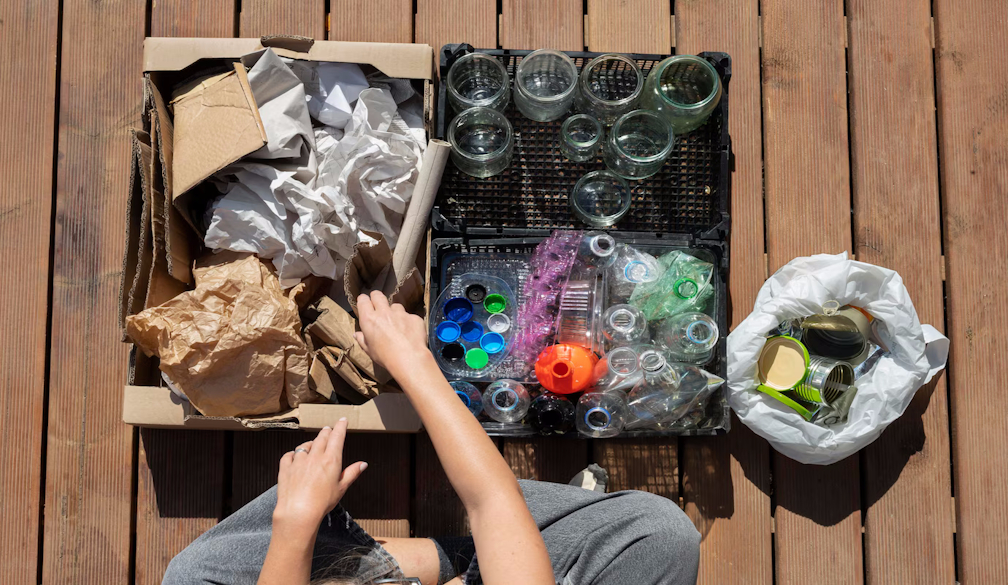Top Waste Disposal Mistakes Businesses Make – And How to Fix Them

Managing waste efficiently isn’t just about ticking boxes for compliance — it’s about protecting the environment, improving operational efficiency, and safeguarding your business’s reputation. Yet, many organisations across Australia still fall into common waste disposal traps that could easily be avoided. Here are the top waste disposal mistakes businesses make — and more importantly, how to fix them.
Lack of a Clear Waste Management Plan
Too many businesses adopt a ‘set and forget’ approach when it comes to waste. Without a structured waste management plan, it’s easy for materials to end up in the wrong streams, increasing landfill contributions and waste costs.
Fix it: Develop a tailored waste management strategy that includes regular reviews, clear goals, and training for staff. Identify all waste streams in your operations and work with a waste management partner who can help implement more sustainable practices.
Not Segregating Waste Properly
Placing recyclables, organics, and general waste into the same bin can cause contamination — rendering otherwise recyclable items useless. This mistake is especially common in office and hospitality environments.
Fix it: Educate staff on the importance of waste separation and provide clearly labelled bins in accessible locations. Use colour-coded systems and posters as visual cues to reinforce proper disposal habits.
Ignoring E-Waste Regulations
Electronic waste is one of the fastest-growing waste streams in Australia, and improper disposal can lead to hefty fines and serious environmental harm. Still, many businesses dispose of old IT equipment or batteries in general waste.
Fix it: Familiarise yourself with e-waste disposal regulations in your state or territory. Partner with certified e-waste recyclers who can safely process and dispose of items like computers, printers, and mobile devices.
Overlooking Opportunities to Reduce Waste at the Source
Businesses often focus on waste management at the back end, rather than addressing the root cause. Excess packaging, over-ordering, and disposable office supplies all contribute to unnecessary waste.
Fix it: Conduct a waste audit to identify areas where waste is being generated unnecessarily. Choose suppliers who prioritise environmentally responsible packaging and opt for reusable or refillable products wherever possible.
Failing to Embrace Sustainable Waste Disposal Practices
Relying solely on landfill not only harms the environment but also incurs increasing costs due to levies and regulatory changes. Many businesses miss out on the long-term benefits of more environmentally responsible options.
Fix it: Explore options like composting, material recovery, and sustainable waste disposal to improve your environmental impact and potentially lower your waste bills. A proactive approach positions your business as a responsible corporate citizen — something increasingly valued by clients and stakeholders.
Inadequate Staff Training and Engagement
Even the most well-designed waste management plan will fail if employees aren’t on board. Lack of training and low engagement leads to mistakes, contamination, and missed opportunities for recycling.
Fix it: Make waste education part of onboarding and regular training sessions. Empower staff with the knowledge to make better choices and consider introducing incentive programs to boost engagement and accountability.
Not Reviewing Contracts and Services Regularly
Sticking with the same waste provider or service agreement year after year can result in overspending or missing out on more innovative, sustainable solutions.
Fix it: Review your waste management contracts annually to ensure you're getting the best value and service. A reputable provider will offer transparent reporting, recycling options, and ongoing support to help you meet your sustainability goals.
Addressing these common waste disposal mistakes isn't just about compliance — it’s about building a smarter, more sustainable business
By investing in better practices now, you’ll improve your bottom line, reduce your environmental impact, and future-proof your operations for the years to come. If you're unsure where to start, consider speaking with a waste management expert who can help tailor solutions to your specific industry and operational needs.







